Independents set to make their mark on upcoming federal election
They are professional, cashed-up and community-minded. Meet the women targeting key seats in what has become a huge headache for the major parties, writes Jessica McSweeney.
NSW
Don't miss out on the headlines from NSW. Followed categories will be added to My News.
Veteran local councillor Liz Barlow is used to being the sole independent voice in inner Sydney’s Bayside but a rising tide of support that echoes the major party dissatisfaction sweeping across the country has almost certainly delivered a seat to the second candidate on her ticket.
In southwest Sydney’s Fairfield, where rigid Covid lockdowns sparked febrile dissatisfaction with the NSW government, Mayor Frank Carbone’s independent team looks likely to triple their seats following last weekend’s local government elections, while the City of Sydney’s unbeatable independent Lord Mayor Clover Moore has been returned for a record fifth term.
Nationally, a series of prominent independent women are running in blue ribbon seats, with next year’s federal election threatening to topple key races away from Labor and the Coalition.
This cashed-up coalition of climate change driven independents are among recipients of a potential $20 million fighting fund raised by wealthy climate activist Simon Holmes a Court.
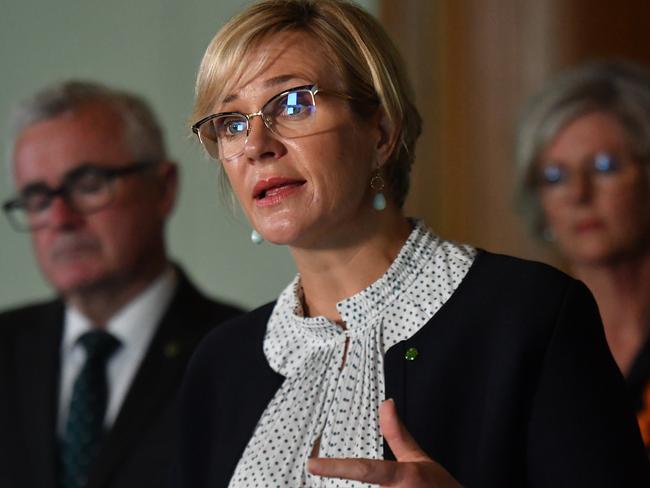
When in 2019 Dr Kerryn Phelps took Wentworth from the Liberals and in 2019 when independent Zali Steggall managed to unseat long time member for Warringah and former prime minister Tony Abbott, wealthy conservative voters proved they were happy to turn against the Liberals on climate issues.
Treasurer Josh Frydenberg, who will face off against independent Monique Ryan for Kooyong, this week slammed the high-profile candidates targeting Liberal MPs as a “front” for Labor and the Greens, warning “a hung parliament would be a terrible outcome for Australians.”
“They run on this notional platform of being a disaffected Liberal – that’s BS. What they want to do is drag down the Liberal Party. What they want to do is ultimately wreak havoc in our political system,” Frydenberg told The Australian.
Steggall said she wasn’t surprised to see more women running as independents this year.
“The common element of all these independent candidates is that they are strong, independent professional women who are standing up for their communities,” she said.
“When I first stood for election in 2019 many people asked why I didn’t run for the Liberal Party, and I think the preselection process is broken and it doesn’t prioritise gender equity and it doesn’t prioritise a good, equitable representation here in Canberra.”
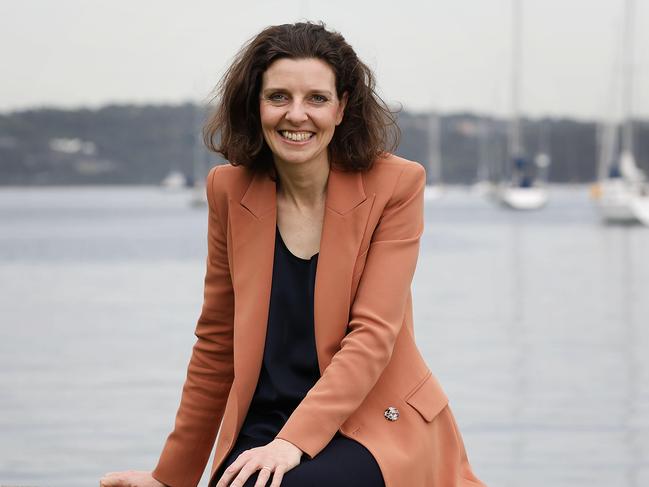
“I think Warringah has taken ownership of its representation, this is the work of so many in the community and I think that has inspired a lot of other electorates to get engaged in who represents them … communities are re-engaging with democracy and government.”
“Communities need to step up and own the debate, because things can’t change without them.”
Hoping to replicate that success is Allegra Spender — well known Sydney businesswoman and daughter of legendary fashion designer Carla Zampatti — who is going up against Dave Sharma for Wentworth.
“I think there’s a wave of frustration in the community and the independents are just a symbol of that frustration and the disconnect — the community doesn’t want climate to be a political football,” Spender said.
“We saw just before the COP 26 negotiations who is really pulling the strings in terms of the government’s climate policy, they are really held hostage by the Nationals.”
Spender said she’ll be taking inspiration from her father John, who was a Liberal politician, and of course her late mother.
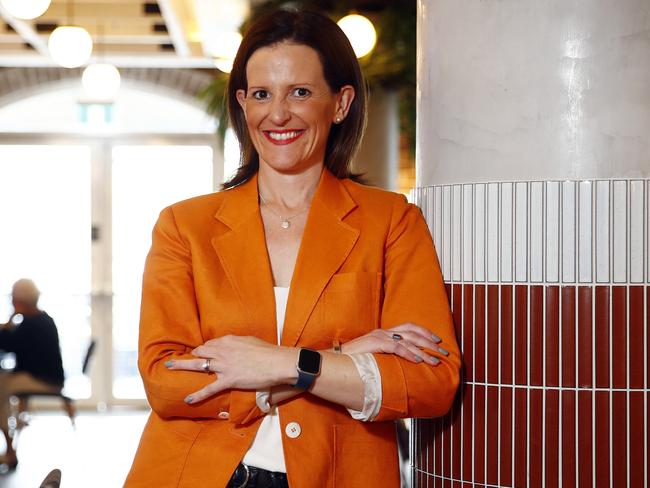
“Mum was very strong and very courageous, she had some tough times in her life and she said ‘I’ll never let myself be bullied, I’ll never let myself be intimidated’,” she said. “She would have been incredibly proud, and I’ve thought a lot about her courage.”
Many independents are running in this election with the backing of Holmes a Court, who is on track to raise $20 million to support climate candidates.
The Climate 200 group will fund Spender’s campaign and potentially Georgia Steele in Hughes, and will also campaign for Steggall.
The group, which includes more than 6000 donors, is not selecting candidates but instead will donate to up to 15 candidates they see demonstrating a platform of climate change, women equality and federal integrity.
The electorate of Hughes is in turmoil going into the next federal election after incumbent Craig Kelly sensationally defected to the United Australia Party.
Independent Georgia Steele, a lawyer from the Sutherland Shire, is hoping after years of giving the community the brash Craig Kelly, voters are tired of the major parties.
“The fact that the Liberal party has given us Craig Kelly for the last four elections I think is going to hurt them, it has been a safe Liberal seat but after going out and talking to people, I cannot find a single person who will vote for him at the next election,” she said.
“Although it’s been a safe Liberal seat for a long time, I think people who would have voted for them are thinking twice.”
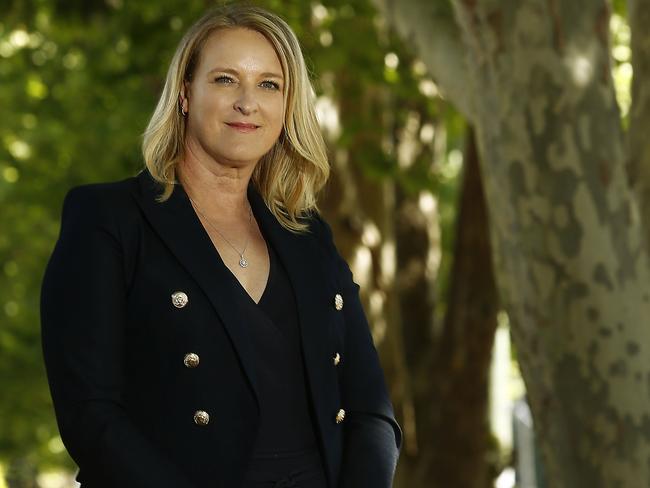
Steele is running her campaign on a platform of climate action, but is also pushing for movement on a federal ICAC.
With some 30 per cent of voters prepared to switch their vote, according to recent Ergo Strategy polling for News Corp Australia, the rise of the independents is threatening to be a major headache for the major parties.
Voter satisfaction in the major parties has declined in previous decades, YouGov head pollster Campbell White said.
“We’ve seen the drift from major parties to minor parties for 20 to 30 years,” he said.
“It’s not new — there’s the Democrats, One Nation, the UAP and these independents, it’s not an entirely new phenomenon.
“What is clear is that people are increasingly concerned about climate change and there is a broader acceptance now that it’s real and we have to do something. That is broader in the community than it was a decade ago.”
Trust in government and the major parties is also at an all time low, with the last election proving the lowest trust in democracy since the constitutional crisis of the 1970s.
2019’s Australian Election Study found that 21 per cent of voters did not align with any particular party — a record low in partisanship.
Study author Sarah Cameron, politics lecturer at the University of Sydney, said this crop of climate change independents are riding the trend of voter mistrust of career politicians.
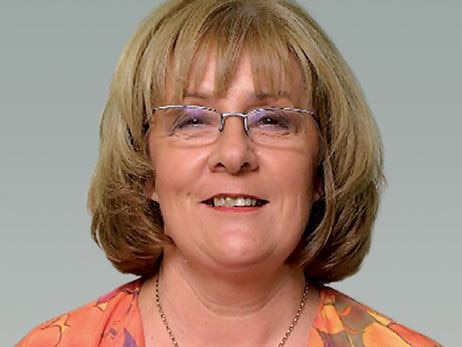
“This is partly a response to dissatisfaction with the major parties in the electorate which creates demands for alternatives, but also those thinking of putting their hands up don’t necessarily see a place for themselves in the two parties,” she said.
“Gender has been a big issue in Australian politics this year, particularly following Brittany Higgins coming forward to share her experiences and the recent release of the Jenkins Review into Commonwealth Parliamentary Workplaces. There’s dissatisfaction within the electorate and we are seeing more women put themselves forward as independents providing an alternative to the major political parties.”
“There does seem to be more independents putting themselves forward earlier on in the process and they are getting a fair amount of attention, so this does appear to be more of a mobilisation compared to previous years.”
Senior lecturer in politics at Sydney University Dr Stewart Jackson said independents can have great power in parliament if they can bargain with the government on key votes.
“They can be in a very powerful position as long as Labor and the Coalition aren’t agreeing on something,” Dr Jackson said.
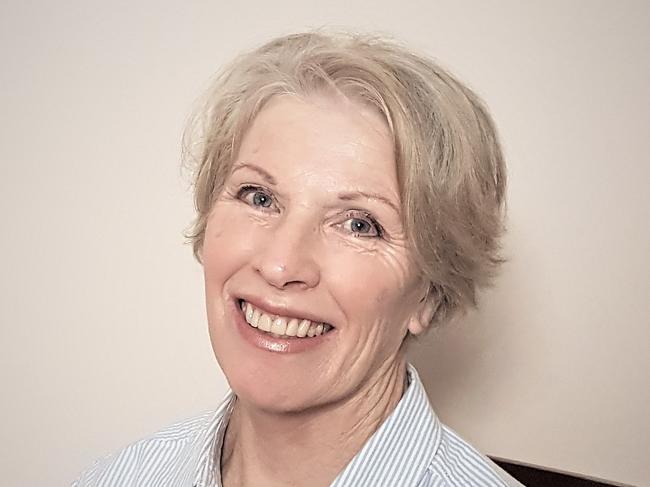
Dr Jackson said the greatest power comes when the government needs the crossbench to pass legislation, however if a government wins in a landslide independents have less bargaining power.
Most political capital from independents comes in the media attention and public outrage they can trigger on certain issues, something this crop of independents is certainly hoping to achieve on climate, federal integrity and women’s issues.
For Bayside councillor Barlow, who ran for council in 1995 to save some terraces from destruction, the notion of a modern independents’ day is not something she would have predicted when she started out 27 years ago.
The longtime independent has yet again won a seat on Bayside Council, and for the first time is looking likely to secure a seat for the second candidate on her ticket.
“It was 1995 and there were three adjoining three-storey terraces in a park near where I had a business,” Ms Barlow said.
“There was a gap (in council) and everyone said ‘Well, why don’t you run?’, so I did. It was accidental, how I got into council.”
After discovering a passion for serving her community, Barlow said the thing that makes being elected as an independent most difficult is also the biggest benefit — not being tied down to a political party.
“As an independent you are there for the people, you are answering to the people and that’s it.”
More Coverage
Originally published as Independents set to make their mark on upcoming federal election




